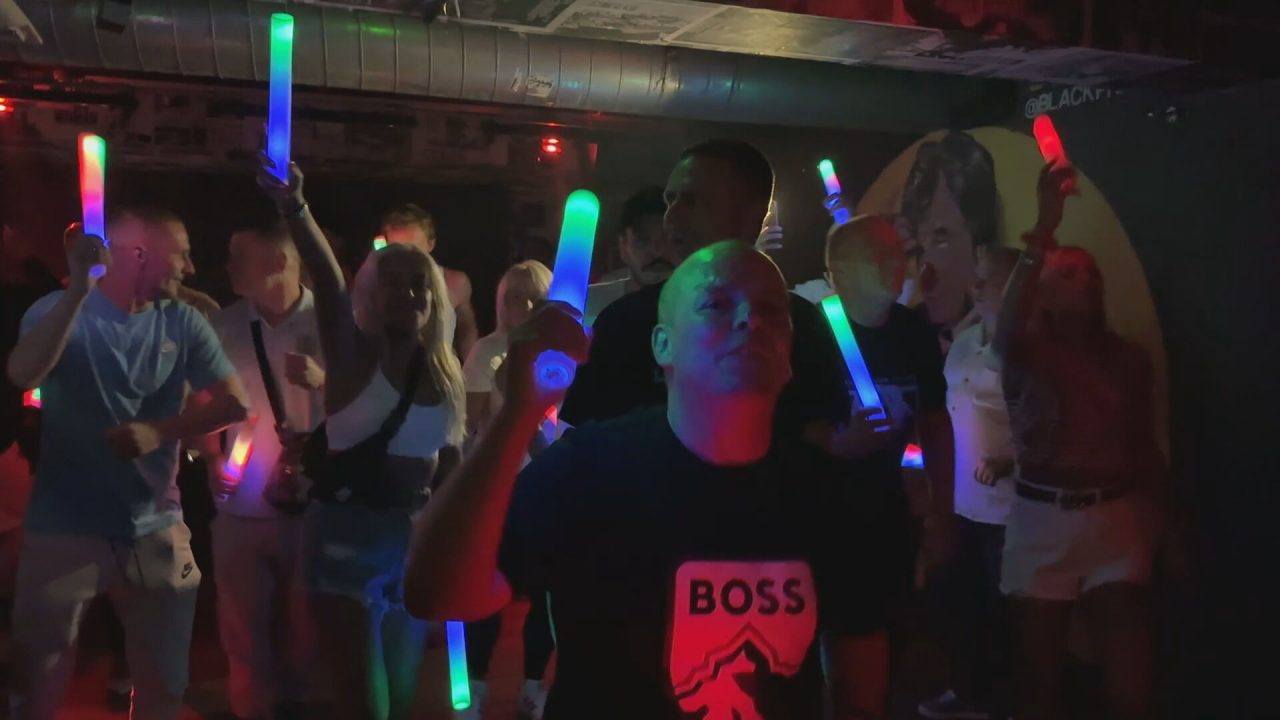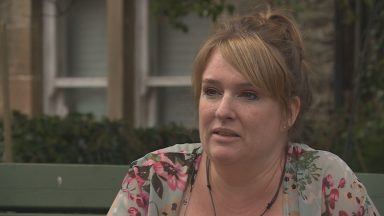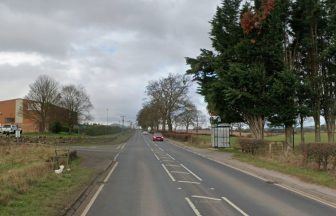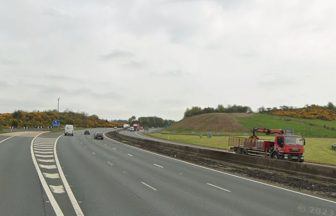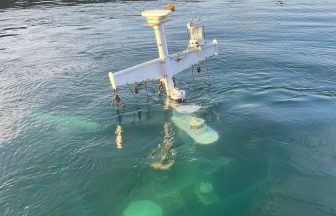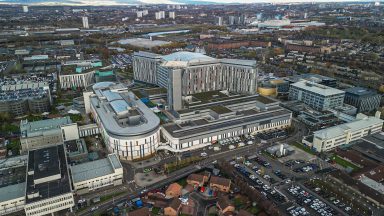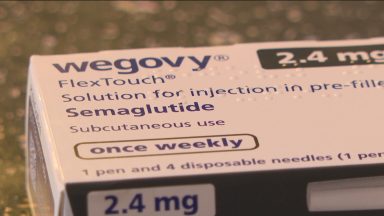The rise of alcohol-free events is offering a glimmer of hope for Scotland’s drinking problem, according to experts.
There is a growing crowd who’ve given up the booze for health, social and religious reasons globally, with the increasing popularity of sober raves and booze-free spaces plugging the leisure gap.
Blackfriars in Glasgow’s Merchant City hosts Freed Up, an alcohol-free club night held in the bar’s basement.
On the face of it, it’s just another rave, with glow sticks and neon clothes.
But here, the taps have been taped over and the only cans being handed out are soft drinks.
‘It’s a safe space to enjoy a night out sober’
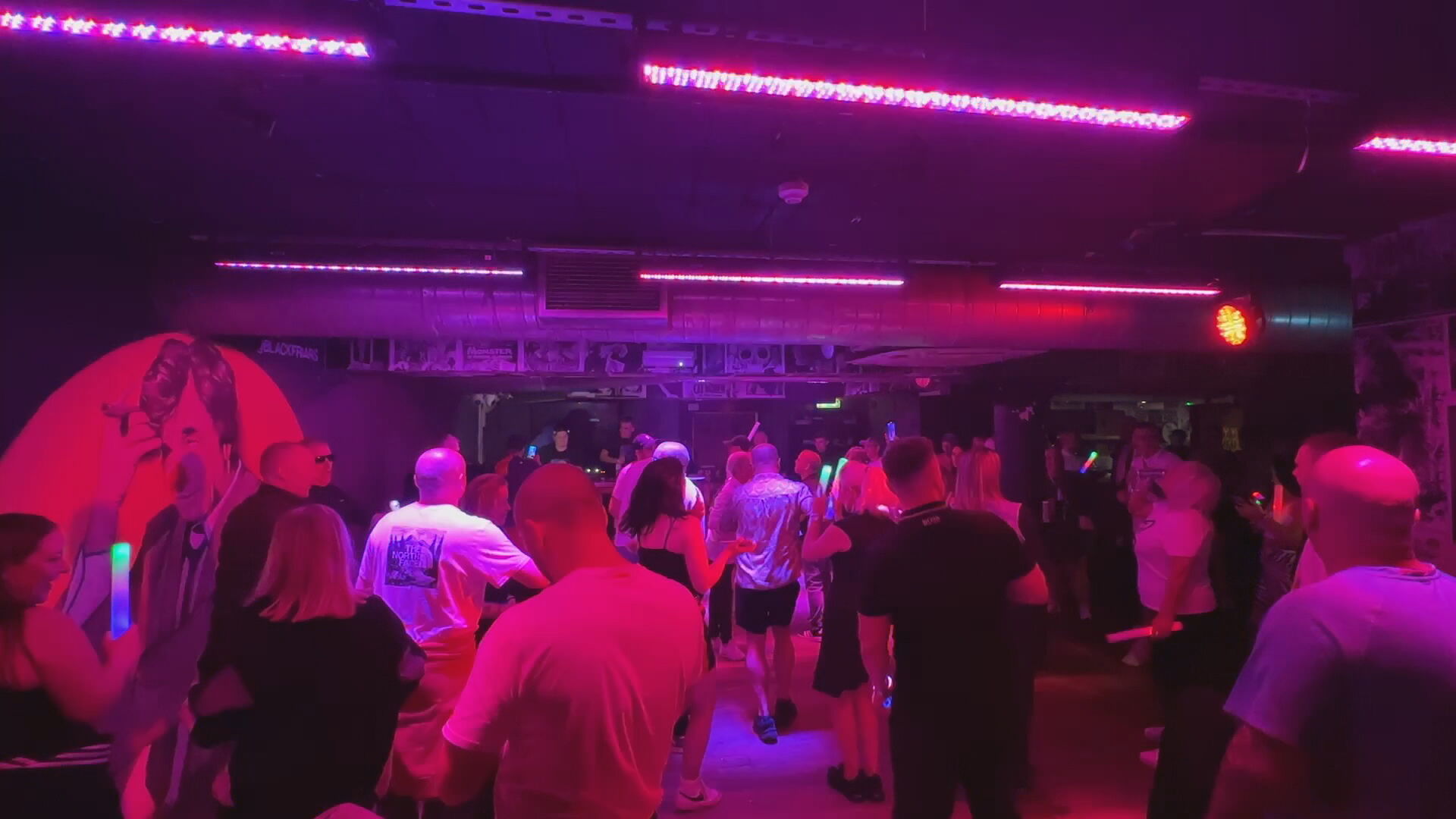 STV News
STV NewsThe monthly event, which was launched in 2021, is the brainchild of project manager Donna Boyd.
Having battled addiction, she’s now sober and noticed a need for nights out where being off the booze is taken for granted and normalised.
Not only is it a “safe space” for people in recovery to enjoy clubbing; people who simply want to try cutting down on alcohol are also coming to the events.
She said: “Lots of people in early recovery find it difficult to be around it alcohol.
“This helps them get used to enjoy coming out and socialising without all of that. A lot of people then feel they have the ability to go to a regular night safely.
“Others are also becoming more conscious about the ill effects of alcohol on their mood and health.
“People have found they feel better without alcohol, so they’re trying this.”
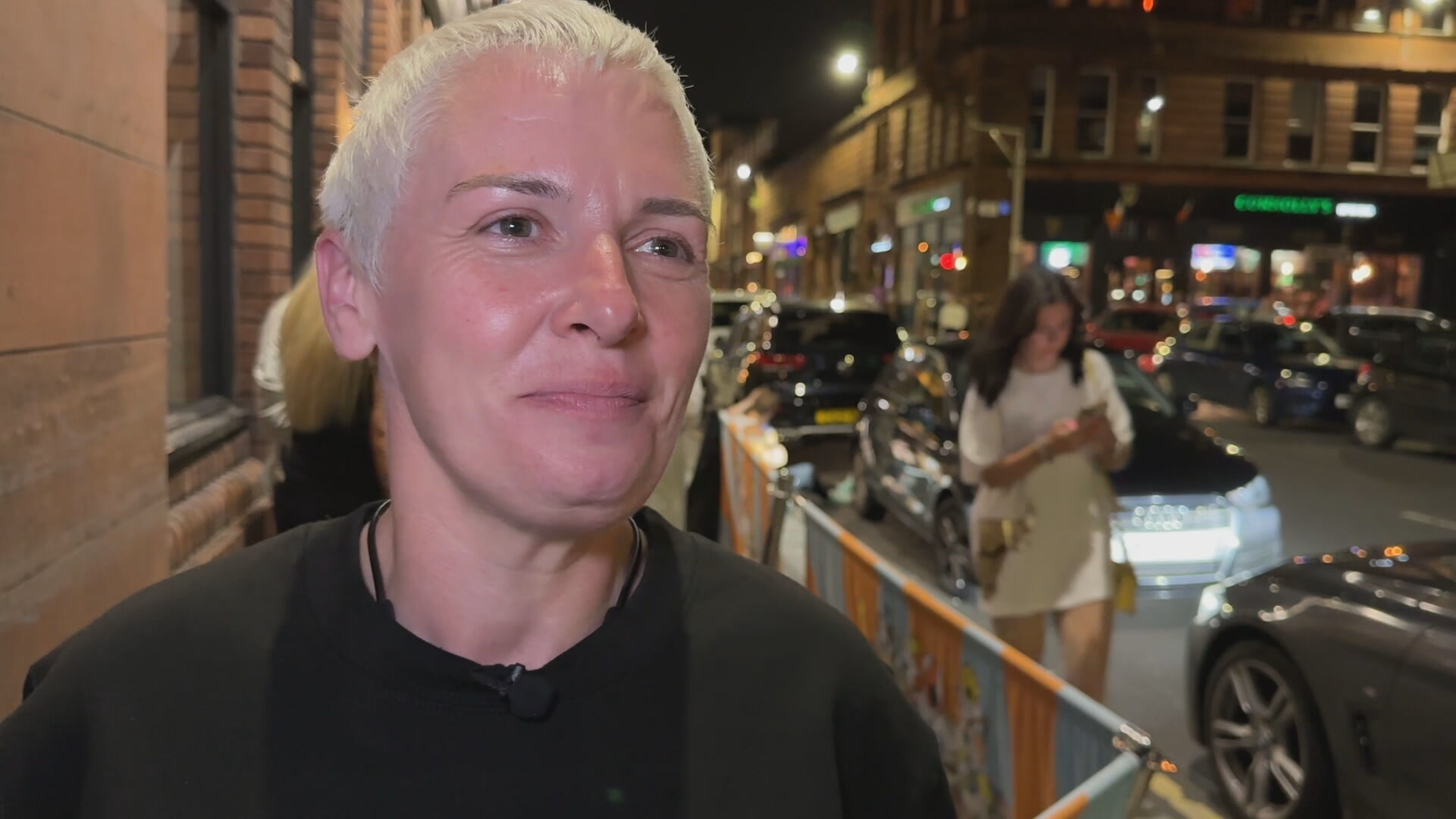 STV News
STV NewsDonna admitted organising an alcohol-free club night has been challenging.
Many venues she approached doubled and even tripled the usual hiring fee to cover the takings lost from customers buying drinks at the bar.
But with the rise of the sober-curious movement, she hopes the tide will soon turn.
“It’s been quite difficult,” she said.
“I think it’s totally unconscious. I go to regular nights and ask the bar staff for a soft drink and they go, ‘that’s it?’ They’re not doing it to be offensive, it’s that ingrained that you must want alcohol. It’s small things like that.
“There’s a lot of money involved in the alcohol industry. And I think Scotland has an unhealthy relationship with alcohol.”
Donna says her biggest hope is that her sober parties will become more “mainstream”.
She added: “A few of the DJs thought playing an alcohol-free event would be really boring, that it wouldn’t have the same energy as a regular night out. But as you can see, it certainly does.
“When I entered recovery, I thought it was all the fun finished because I wasn’t going to use drugs or alcohol anymore.
“I found out that wasn’t true – and I want be able to facilitate that for other people.
“My hope is to set an example and show people you can still have a good night out without alcohol or drugs. I think that’s really powerful.”
‘Sober spaces need to be celebrated’
Scotland’s attitude to alcohol has produced a nation of drinkers who don’t realise they’re on the road to addiction, according to experts.
More and more people are casually drinking way beyond the weekly recommended limit while continuing to work, socialise and live normal lives.
It comes as figures show alcohol deaths in Scotland reached a 15-year high – the highest level since 2008.
In total, 1,277 deaths were attributed to alcohol-specific causes in 2023, an increase of one death from 2022.
The mortality rate for those aged 65 and over has reached the highest level since the National Records of Scotland began recording the data in 1994.
Alcohol-specific deaths were 4.5 times as high in the most deprived areas of Scotland compared to the least deprived areas in 2023.
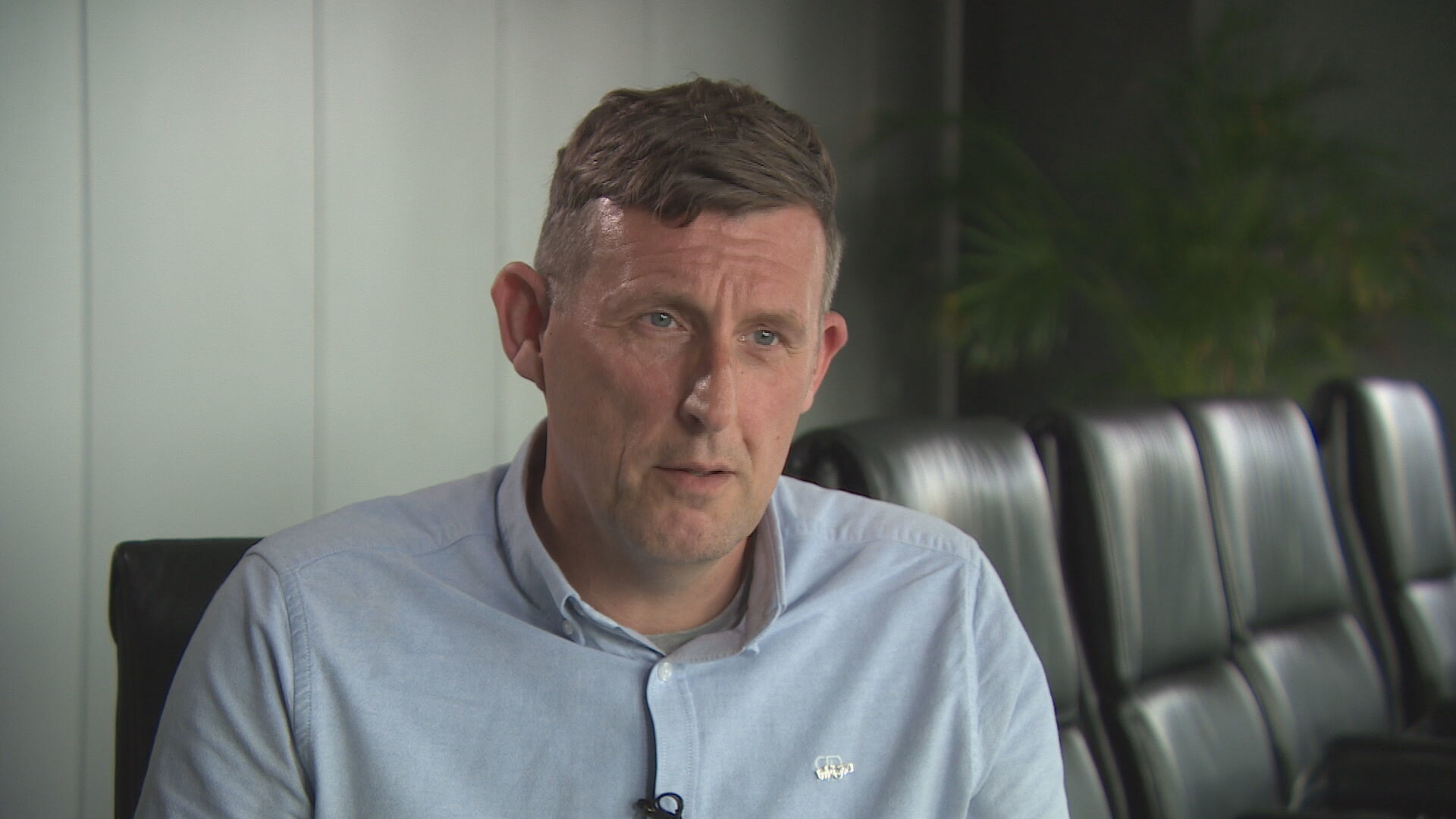 STV News
STV NewsGraeme Callander is public and policy affairs lead at charity With You and said alcohol is “intertwined” with Scottish culture.
He said: “Scotland out-consumes alcohol compared to other countries in the UK. It’s not a new problem, it’s been something we’ve been living with a long time.
“We have a culture of drinking to get drunk. It’s not like part of our eating culture like in Mediterranean countries; it’s separated out.
“We like to encourage and celebrate being drunk. You see it on the streets every weekend.
“But when someone is struggling and doesn’t want to drink, we suddenly turn it on its head and stigmatise them.”
But Graeme said the number of people turning to a sober lifestyle is on the rise, particularly among Gen Z.
He welcomed the growing popularity of drink-free spaces – and said more must be done to facilitate such events.
“The number of people identifying as non-drinking is steadily increasing,” he added.
“We’re starting to see alcohol-free alternatives right across the board, with even some venues choosing not to serve alcohol at all.
“It allows people with families to come in, it becomes more of a community event. That needs to be celebrated.
“However, that’s not the norm. We need to see much more of those types of venues available.”
‘It’s a brilliant atmosphere – I don’t need to worry’
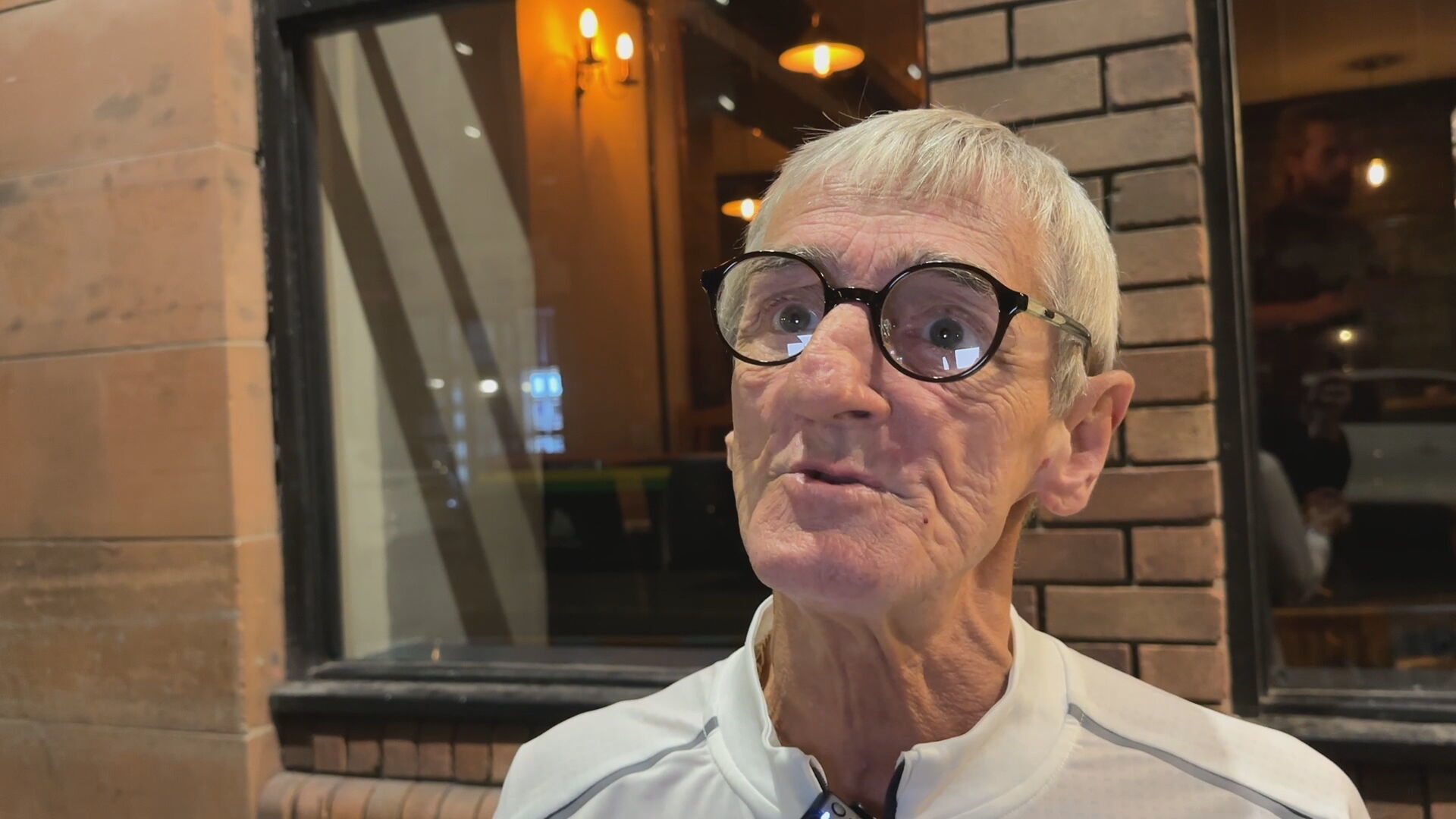 STV News
STV NewsTommy battled a heroin and alcohol addiction for 36 years before he began his recovery journey 18 months ago.
He has been coming to the raves for two years.
He said: “I come to these because there’s no alcohol or drugs. I know I won’t put myself in a situation where I want to drink or take drugs.
“People can be paranoid going to these things – but when you come, there’s only ginger, tea and coffee. You don’t need to worry about that aspect.
“There’s a brilliant atmosphere. Donna has done lots for the recovery community.”
‘We need to normalise not drinking’
Gillian Manual, who is in recovery from drugs and alcohol, helps organise the Freed Up events.
As a woman in her 20s, she says she has experienced judgment from her peers for choosing a sober lifestyle.
“Your friends are still going out while you’re trying to navigate it,” she said.
“I was really isolated. Life could be quite boring. I didn’t know what my ‘normal’ was.
“But this gives you a chance to have fun, get dressed up and go out. You can meet people with similar interests.
“It’s crucial – things you can do that don’t hold the same risk as going on a normal night out.”
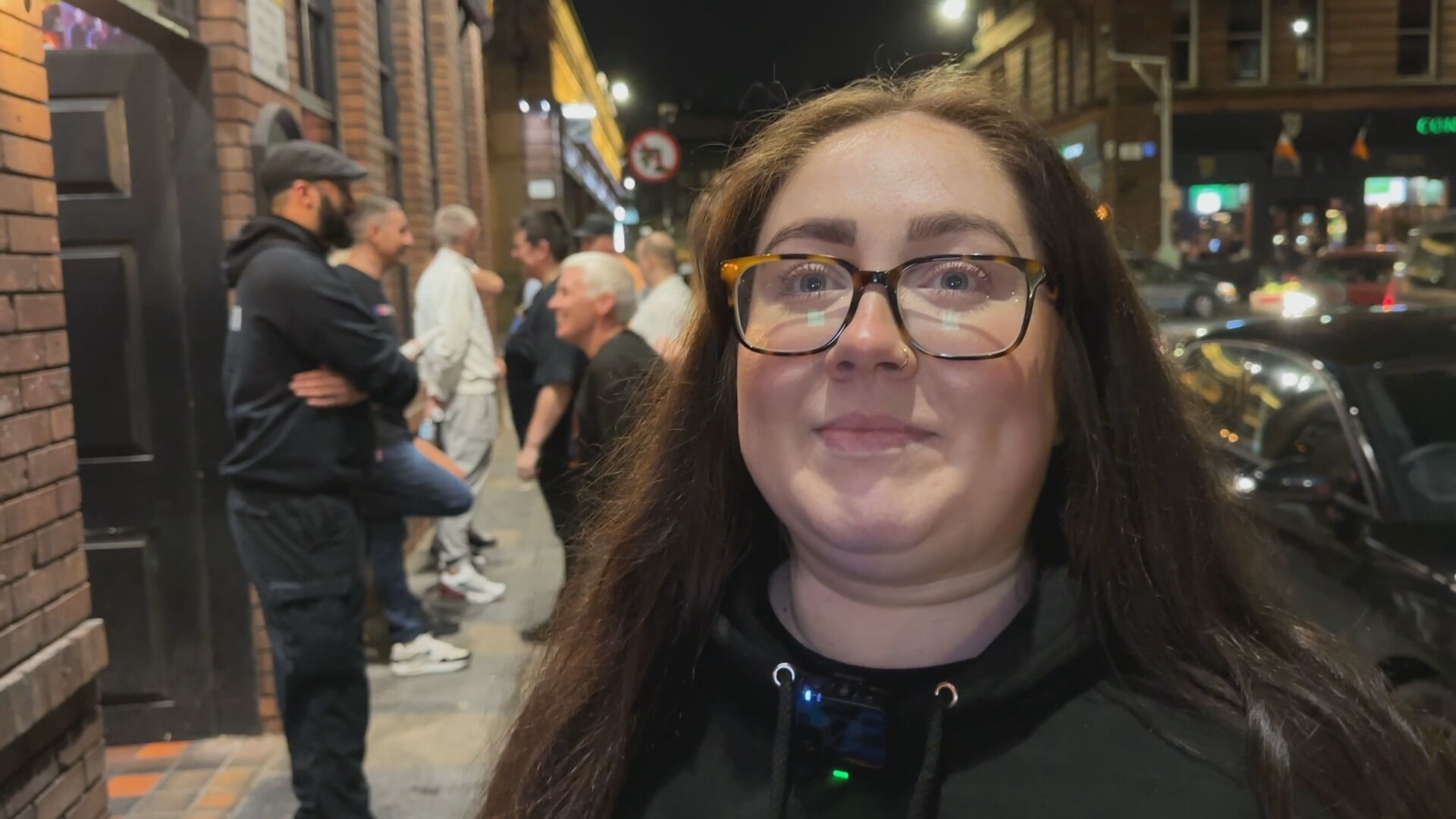 STV News
STV NewsGillian said more must be done to “break the stigma” around abstaining from alcohol.
“It’s like asking why people don’t eat meat; it doesn’t have to be a big thing. Just normalise it
“There are multiple reasons why people might not drink. You forget there are people who never chose to drink looking for things to do.
“Maybe someone just wants one night of not doing it.”
She hopes their events could be a “tool in the kit” for people in recovery and the sober-curious and hopes they can one day spread across Scotland.
“I’ve never heard of anyone come and not enjoy themselves,” she added.
‘I thought I was finished DJing when I entered recovery’
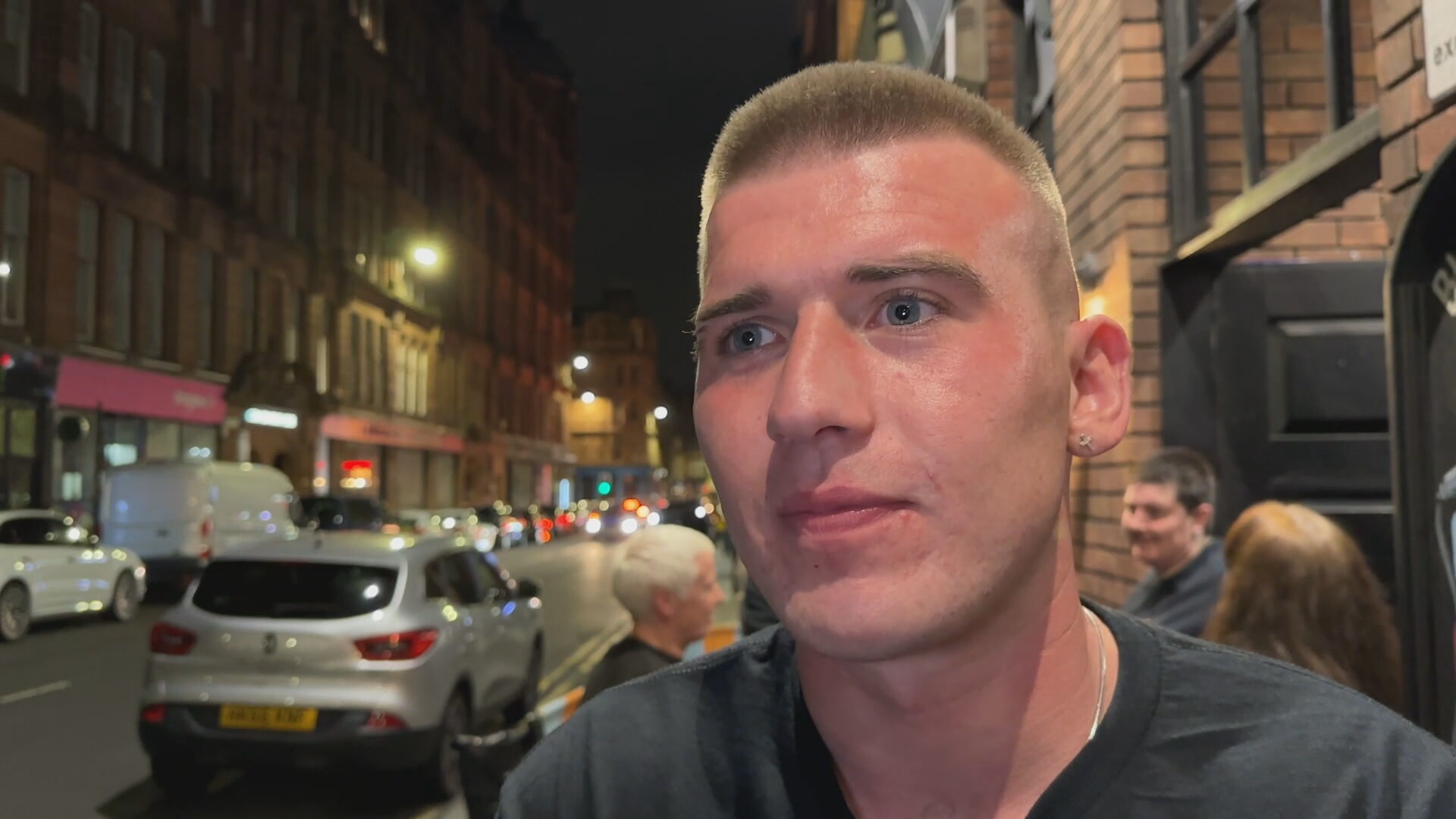 STV News
STV NewsBringing the music at Freed Up is Joe McLeod and Kerry Glencross.
Joe McLeod DJs for Freed Up and is in recovery.
He said he felt “isolated” and “didn’t want to talk to anybody” when he began his journey – but now he enjoys life more than ever.
“I would never have imagined this – it’s great. I enjoy myself more than when I wasn’t in recovery,” he said.
“I thought my DJing was done when I came into recovery.
“I think a lot of people [drink] with their group of pals to fit in, so this is massive. It shows me I’m not the only person who’s struggling.
“There should be more nights like this.”
‘Sober raves are fun – we feed off each other’s energy’
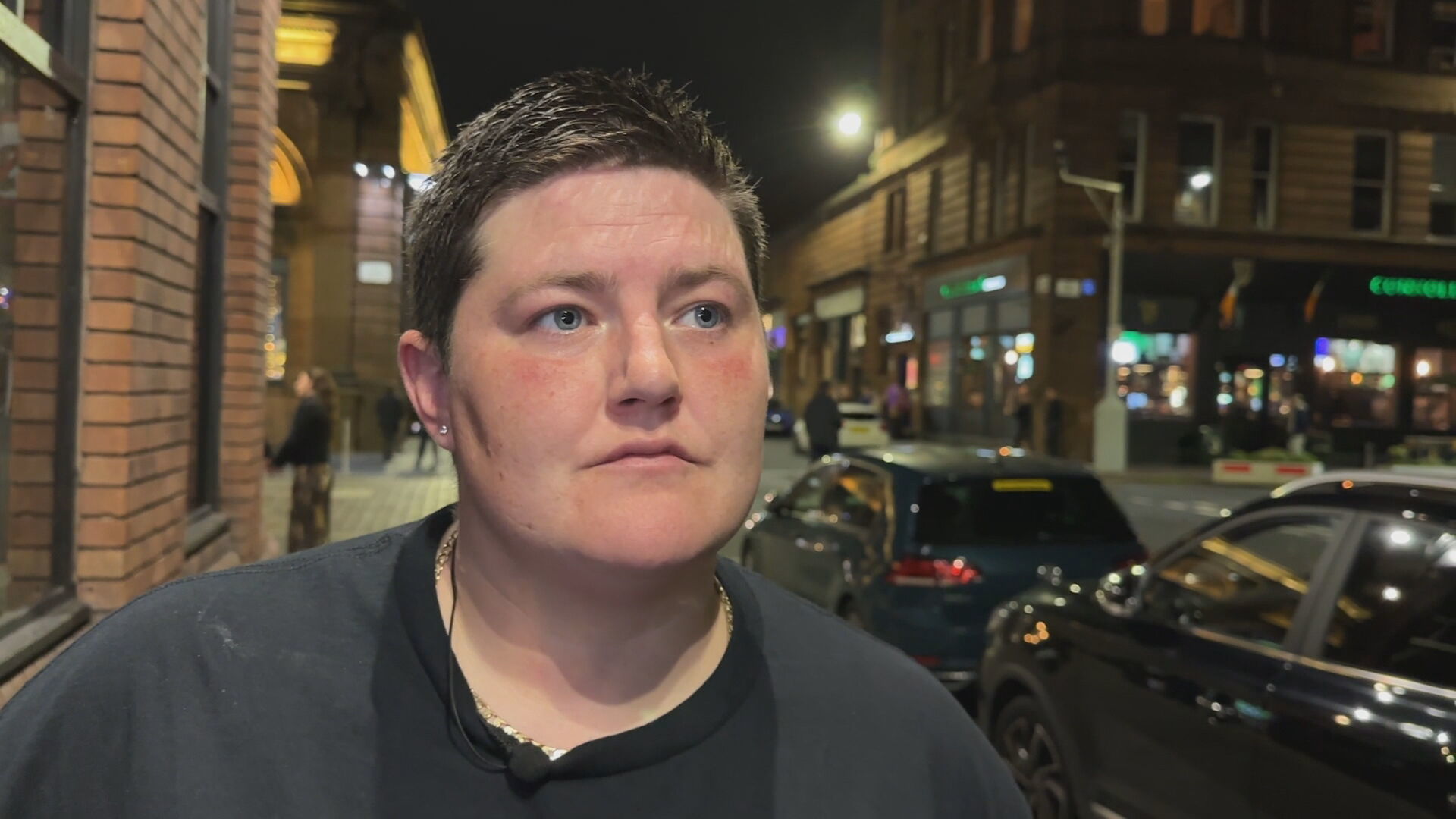 STV News
STV NewsKerry began learning to DJ after meeting friend Donna at her first sober rave – she’s now on the decks herself.
“A safe space where people are sober makes it easier,” she said.
“Being in a club where there’s drinks, people taking drugs in the toilet, the things you used to do. It’s easy to fall back in.
She added: “I don’t want people to think I’m bashing those who can go out for a drink, have a good night and do it the next week.
“But I know myself and other people in recovery can’t do that.
“We deserve to enjoy music. Just because we’re in recovery doesn’t mean we can’t.”
Kerry hopes sober club nights will become more prevalent in Scotland – and is encouraging people from all walks of life to try out an alcohol-free night.
She said: “For people that do drink and take drugs, come along and see how you feel.
“Getting up there the first time you think, ‘Oh my god’. But it’s fun. Everyone just feeds off each other.”
She added: “It’s all about word of mouth and getting it out there a wee bit more.
“I feel like it’s getting there – slowly but surely.”
Help and support is available now if you need it. Details of services available can be found at stv.tv/advice
Follow STV News on WhatsApp
Scan the QR code on your mobile device for all the latest news from around the country


